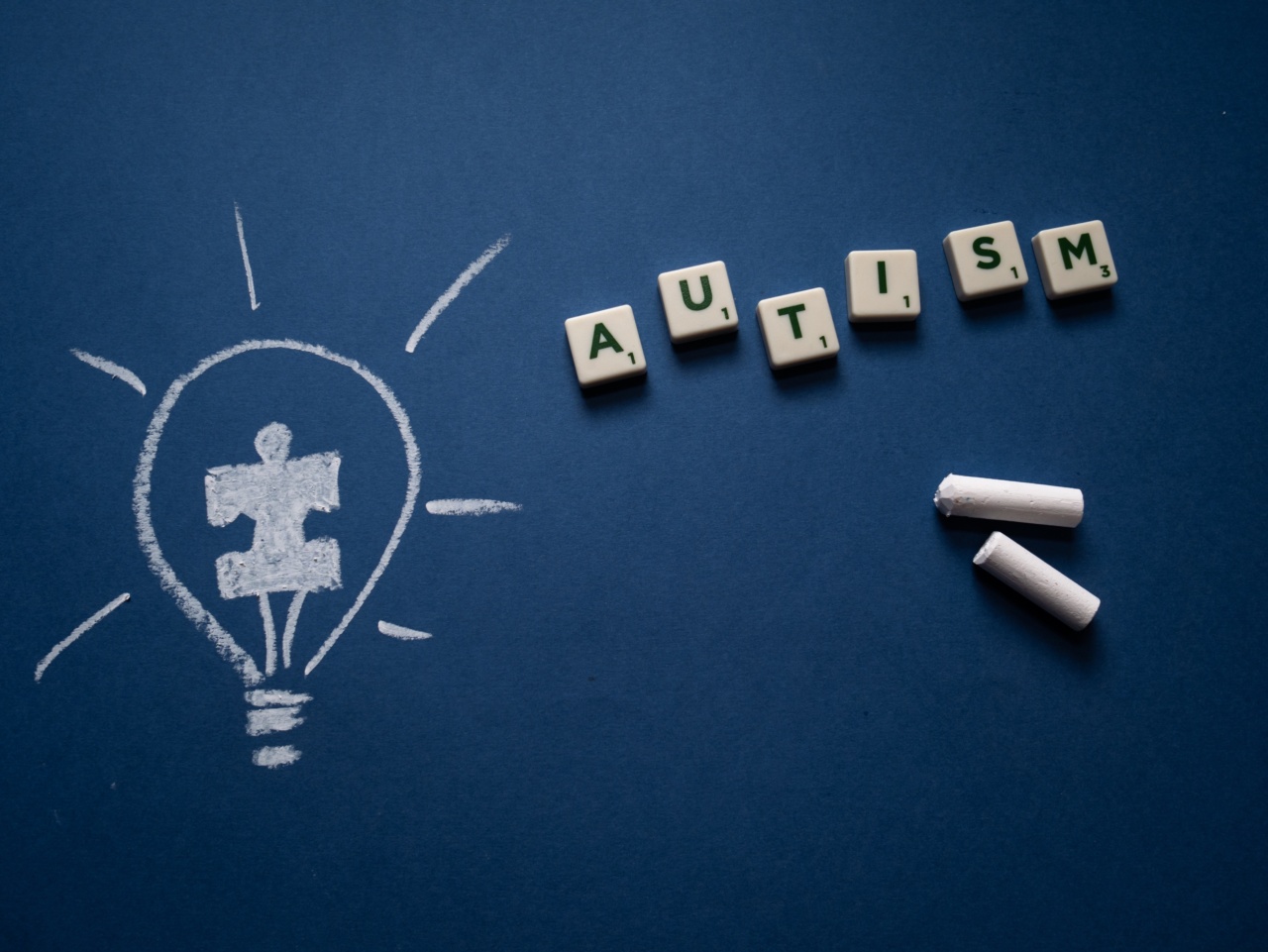Autism Spectrum Disorder (ASD) is a developmental disorder that affects social communication and interaction. Individuals with ASD often face unique challenges in social situations, making it difficult for them to form and maintain relationships.
However, with appropriate interventions and techniques, these social challenges can be minimized, enabling individuals with ASD to enhance their social skills and engage in more meaningful interactions.
Understanding the Social Challenges in Autism Spectrum Disorder
ASD is characterized by a wide range of symptoms and challenges, with social deficits being a core feature.
Individuals with ASD may struggle with understanding social cues, interpreting nonverbal communication, initiating and maintaining conversations, and developing and maintaining friendships.
These social challenges can lead to feelings of isolation, frustration, and difficulties in various areas of life, such as school, work, and community involvement.
Therefore, it is essential to implement strategies that effectively address and minimize these challenges to promote social inclusion and overall well-being.
Early Intervention
Early intervention plays a crucial role in minimizing social challenges in individuals with ASD. Early identification and intervention can significantly improve social outcomes and overall development.
It is essential to recognize the signs of ASD as early as possible to ensure that appropriate interventions and supports are provided promptly.
Early intervention programs may focus on social skills training, communication strategies, and behavior management techniques.
These interventions can help individuals with ASD develop effective social communication skills, enhance emotional understanding, and improve their abilities to interact with peers and adults.
Social Skills Training
Social skills training is a vital component of minimizing social challenges in individuals with ASD. This type of intervention focuses on teaching individuals various social skills and facilitating their application in real-life situations.
Interventions may include role-playing, social stories, video modeling, and group therapy sessions.
These techniques help individuals with ASD learn and practice social skills such as making eye contact, initiating conversations, taking turns, sharing, and recognizing emotions.
Visual Supports
Visual supports can be effective tools in minimizing social challenges for individuals with ASD. Visual aids provide visual cues and prompts that aid in understanding and following social rules and expectations.
Visual supports may include social scripts, visual schedules, behavior charts, and social stories.
By using visual supports, individuals with ASD can better navigate social situations, understand social norms, and interpret nonverbal cues. The use of visual supports can enhance their social learning and decrease anxiety in social interactions.
Peer-Mediated Interventions
Peer-mediated interventions involve teaching peers and classmates strategies to support and include individuals with ASD in social activities.
These interventions aim to create an inclusive and supportive environment by fostering positive peer relationships and social interactions.
With the help of trained peers, individuals with ASD can engage in play activities, learn social skills through modeling, and develop friendships.
Peer-mediated interventions promote understanding, empathy, and social inclusion among individuals with and without ASD.
Social Thinking® Curriculum
The Social Thinking® curriculum provides individuals with ASD the tools to understand and improve their own social thinking and behavior.
This intervention approach focuses on teaching individuals to think about their own and others’ thoughts, emotions, and intentions in social situations.
By developing their social thinking abilities, individuals with ASD can better understand social contexts, regulate their behavior, and engage in more successful social interactions.
The Social Thinking® curriculum offers strategies and frameworks for individuals with ASD to actively participate in social situations and improve their social problem-solving skills.
Technology-Based Interventions
Technology can play a significant role in minimizing social challenges in individuals with ASD.
There are various software applications and virtual platforms specifically designed to enhance social skills and encourage social interactions in individuals with ASD.
These technology-based interventions provide individuals with opportunities to practice social skills in a controlled and supportive environment.
Apps and virtual programs can help individuals with ASD learn and generalize social skills, navigate social scenarios, and improve their overall social competence.
Creating Supportive Environments
Creating supportive environments is essential for minimizing social challenges in individuals with ASD. This involves implementing strategies and modifications that enhance social inclusion and accommodate the unique needs of individuals with ASD.
Supportive environments may include positive behavior supports, sensory-friendly spaces, structured routines, and visual cues.
By creating an environment that reduces sensory overload, provides clear expectations, and fosters understanding and acceptance, individuals with ASD can feel more comfortable and engaged in social interactions.
Collaboration with Professionals and Educators
A collaborative approach involving professionals, educators, and parents is vital in minimizing social challenges in individuals with ASD.
Collaboration ensures consistent support and interventions across various settings, including home, school, and community.
By working together, professionals, educators, and parents can share knowledge, exchange strategies, and develop individualized plans to address specific social challenges and goals.
Collaboration also promotes a holistic understanding of the individual’s strengths, needs, and progress, leading to more effective interventions and overall growth.
Conclusion
Minimizing social challenges in individuals with Autism Spectrum Disorder requires a comprehensive and multi-faceted approach.
Early intervention, social skills training, visual supports, peer-mediated interventions, the Social Thinking® curriculum, technology-based interventions, creating supportive environments, and collaboration with professionals and educators are essential strategies in promoting social inclusion, enhancing social skills, and facilitating meaningful social interactions in individuals with ASD.































